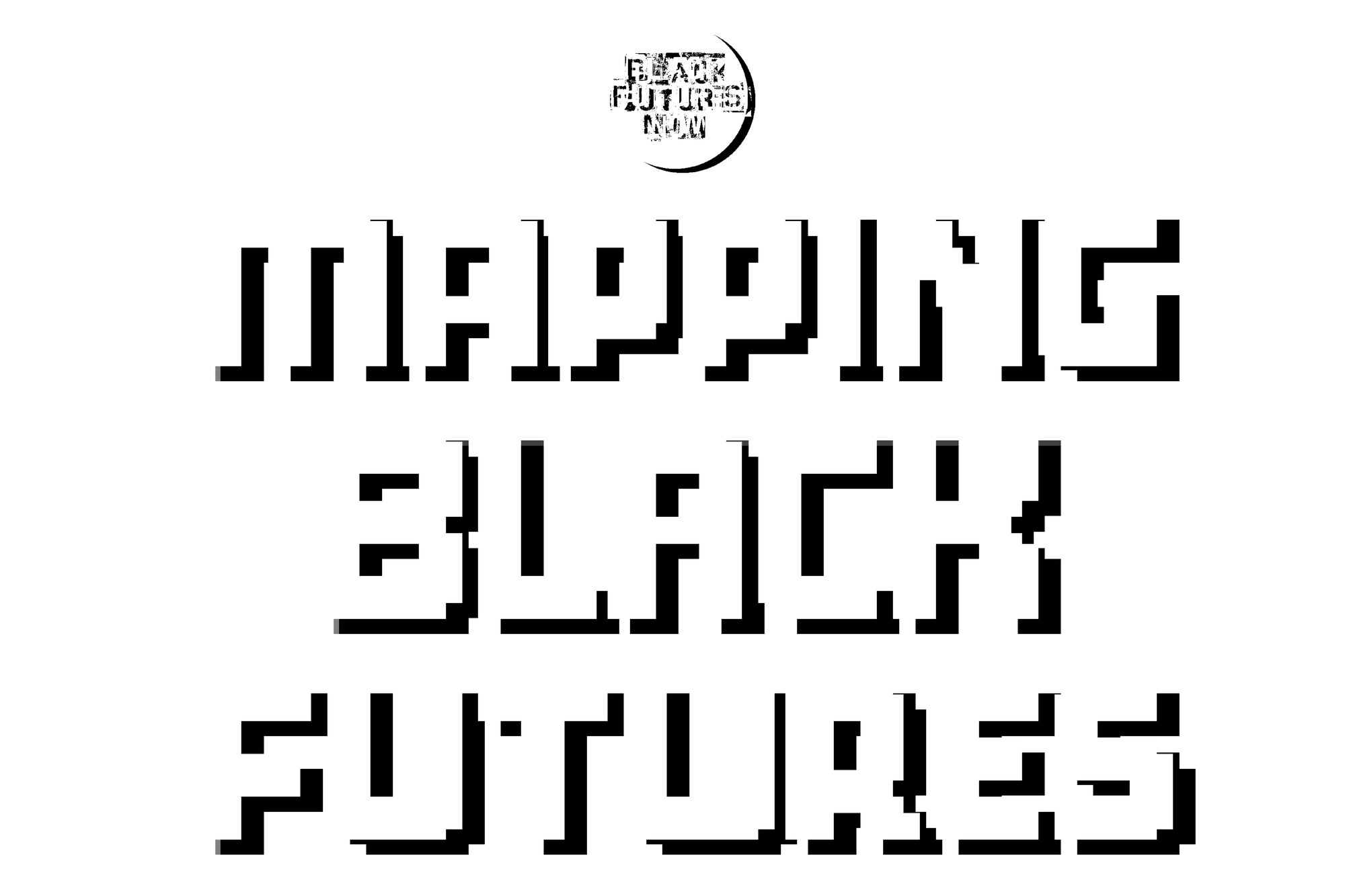Interview: Asma
Mapping Black Futures: What was your motivation to work in the healthcare sector?
Asma: I have had two motivations in working the healthcare sector:
My first motivation was recognizing that I have a talent for working with people in the therapeutic relationship. I have the capacity to listen, empathize and sit with people’s emotions and trauma.
My second motivation was seeing that this is a unique healthcare sector where Black people don’t get serviced well. Are there enough Black therapists, are there Muslim Black therapists, are there Somali therapists in Torono to service the Black and Black-Muslim community of Toronto is under served in ever aspect of the healthcare sector and therapy/counselling sector is no different. Research indicates that a positive therapeutic outcome depends on the relationship between client and therapist and since the therapist has more of the power in the therapeutic process; how effective they are in showing their genuine care and compassion to their clients will impact the outcome for the client in therapy.
For non-Black therapists, cultural competence and self-awareness in working with Black-cleitns is necessary in establishing trust. Clients shouldn't be doing extra work in therapy, especially when they seek therapy to work on the challenges in their lives.
What has been your experience as a Black person in this space? How has your identity affected the ways in which you navigate at work?
The hardest part of being a therapist has actually been receiving the appropriate training that I would need in working with my target clientele (Black, Muslim, women of colour). It is not to say that the white therapists that trained me were not competent; but rather the trained me from their POV. And I struggled with trying to find my own way and my own style of therapy because of that. I noticed that I was able to work well with my white clients but not so well with my Black clients. My identity as a Black Muslim woman has made it challenging for me to receive a teaching that adeguate enough for me. And in my own private practice, I questioned if I have the adequate training. To combate that, I sought out a Black woman supervisor. She has been a model for me to follow, and a guide on how to effectively work with Black people.
Tell me about your proudest moment at work.
My proudest moment has been when a client of mind came back after weeks of paused sessions. They looked radiant, dressed in bright colours (their favourite colours) and have shared with me that they’re seeing a change in their lives. I was so moved and inspired and
humbled with joy. Not only did they share that they’ve seen a desired change in their thought process but they also showed it behaviour.
Do you feel as though there are adequate resources in place to support Black wellness, physically and mentally? What does that look like for you?
No there is not.
Adequate resources for Black wellness ought to include considerations for internalized racism, internalized sexism and unlearning the ways the world sees us —first in ourselves. This isn’t anything new, our scholars and social activists have shown us this time and time again. In therapy, people are seeking solutions to their feelings of “stuckness”, pain, anxiety and depression. And most of the time, they are unhappy, questioning their sense of self, and various psychological conditioning that they’ve been dealing with.
The way we learn to see ourselves and what the world says we are (and are capable of) is called conditioning. Racism, sexism, classism are environments that cultivate unhealthy beliefs. And in therapy, it is those beliefs that I work to challenge.
In your opinion, what can the government do to support the physical and mental wellbeing of Black folks in Canada?
The government role is addressing systemic issues that impact the mental and psychological health of minorities. Systemic issues like racism, sexism, classicism and various forms of discrimination have a severe impact on mental health, self-image and self-esteem. It ought to continue to put in place checks and balances that challenge the status-quo. The disportional discrimination that Black people experirience in receiving appropiate healthcare is undenial. And collecting that race-based will help in demonstrating the inadequacy. An example in the mental health sector is the disproportion diagnosis of young Black men with schizophrenia; because their behavioural presentation is aggressive, angry, unmanageable...
(When it comes to indegenious people, the role of the government is to honour Truth and Reconciliation; to acknowledge their continuous harming and suffering of our indegenous peoples.)
How do you take care of your own wellbeing? Are there programs in place to support folks in your profession?
The most important programs in place to support folks in our profession are reinforced by the College of Registered Psychotherapists of Ontario (CRPO); this is a regulatory body that
Registered Psychotherapists all over ON belong to. The CRPO encourages Supervision, Peer Supervision and support and seeking therapy as a therapist.
As for me, I have my own therapist; she is white and British, but she has shown me time and time again that she is working on her blindspots. She’s worked hard to earn my trust.
I also heavily rely on my supervisor. She has modeled for me what a healthy-work ethic looks like and what I need to do professionally to succeed in this sector.
I have peer support that I reach out to when I need help in my own life and I have my friends and family that support me (in their own capacity).
If you’re interested in booking an appointment with Asma, please email asma.alitherapy@gmail.com
